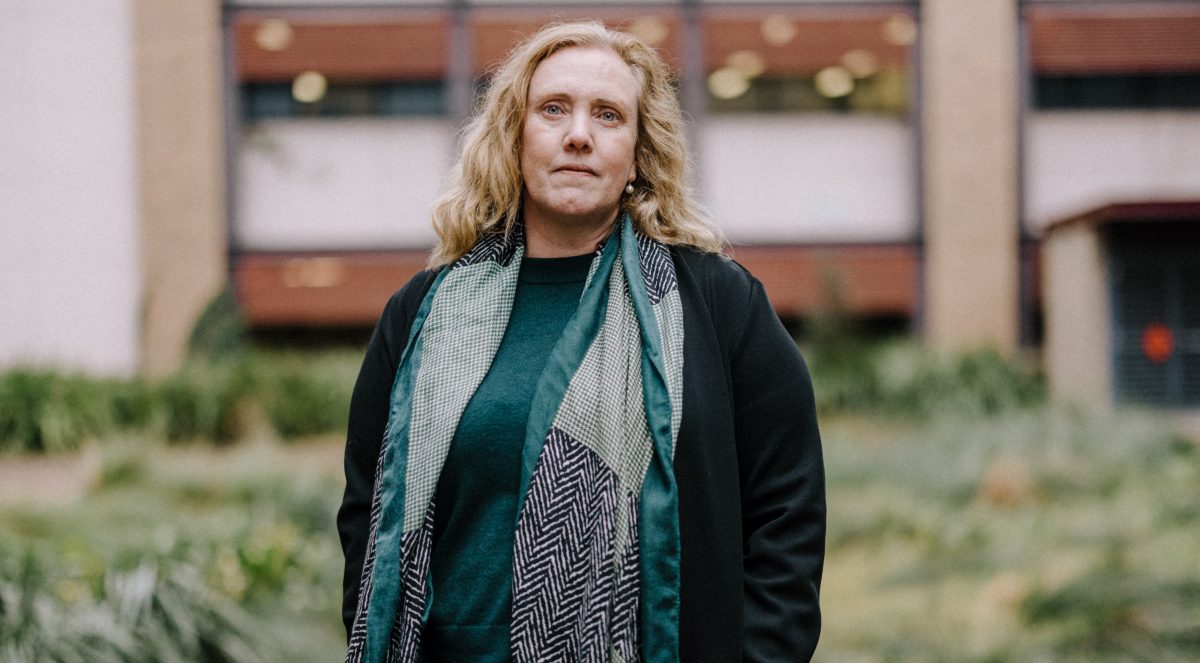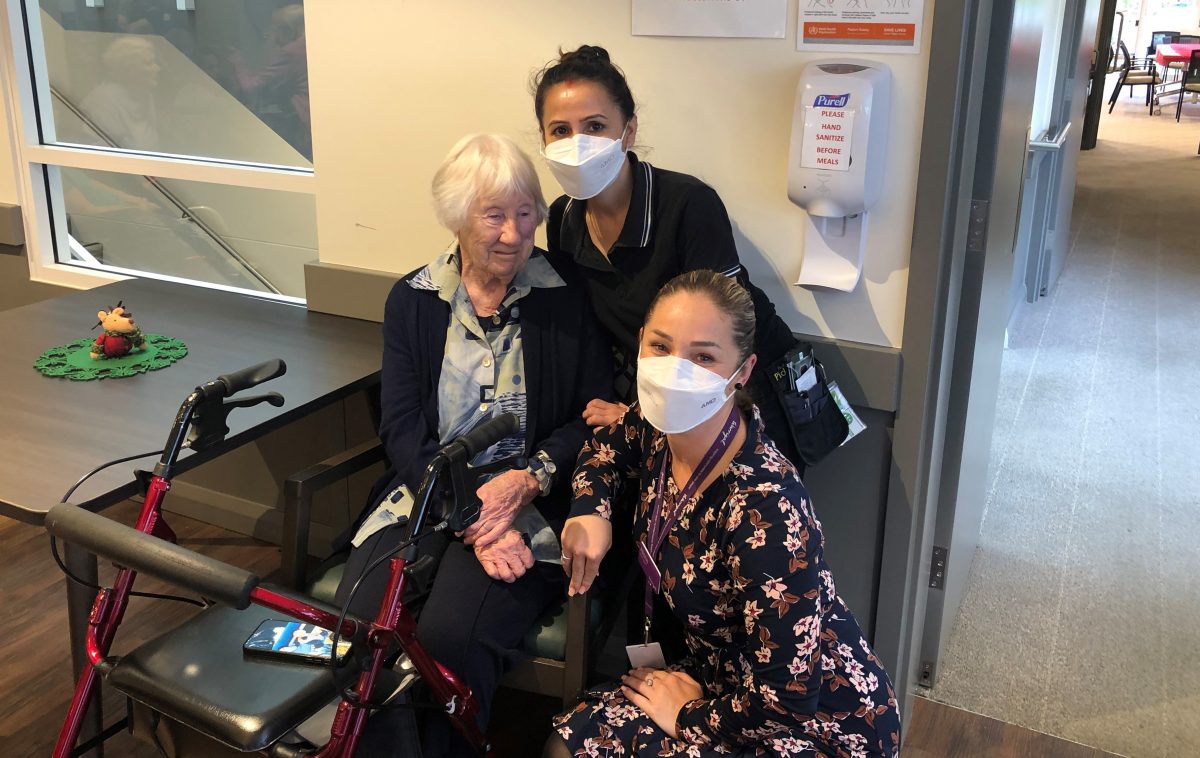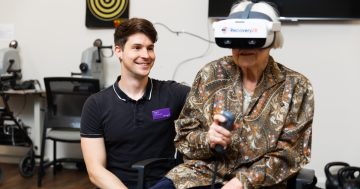
UOW study found 1 in 4 people with dementia living in long-term care suffered from malnutrition. Photo: iStock/CasarsaGuru.
A quarter of people living with dementia in long-term aged care facilities are suffering from malnutrition, according to new research from the University of Wollongong.
The study by UOW Associate Professor Kelly Lambert found that residents across the world were missing out on vital nourishment due to the challenges of managing the disorder in these types of settings.
“Dementia alters eating behaviours, hunger and thirst cues, swallow function, ability to self-feed, and recognition and interest in food,” Associate Professor Lambert said. “Food intake can be significantly altered due to the complex nature of dementia, so it’s not surprising to see high rates of malnutrition.”
READ ALSO: Kiama Council one step closer to selling aged care centre to pay off debts
Associate Professor Lambert investigated the malnutrition rates in facilities throughout Europe and South East Asia, and although there was not enough data to include Australian statistics, she said the issue was not exclusively overseas.
“This new research enables us to really quantify how much of a problem there may be with malnutrition in people with dementia living in aged-care facilities in Australia.” Associate Professor Lambert said. “We need to strengthen the type of nutrition support these residents are receiving as well as the nutritional quality of meals provided.”
There are currently more than 400,000 Australians living with dementia, and that number is expected to double by 2058. Warrigal acting CEO Alissa Walsh said the impacts of a growing and ageing population will continue to be a challenge for providers.
“Dementia is more and more present and every person is different and has their own individual needs,” she said. “Often people with dementia need individual nutritional care plans, they need activities that meet their individual needs and they also might need specific medical and nursing needs, depending on their level of dementia.”

University of Wollongong Associate Professor Kelly Lambert. Photo: UOW/Michael Gray.
She said Australia already has supports in place, like the Maggie Beer Foundation, which helps to improve the nutritional standard at aged care facilities, and that providers like Warrigal have many processes in place to minimise the risk to residents.
“We work with specialists and with dietitians to develop nutritional care plans, we provide assistance with eating if that’s required for that person and we also work hard to create a supportive and engaging dining experience based on that person’s needs and preferences,” Ms Walsh said.
She said it is important not to assume or generalise the needs of residents, regardless of whether they have dementia or any other specialised care requirements.
“The other thing that we do is we’re regularly reviewing a person’s needs and preferences because just like you and me, our needs and preferences can change over time and also can change day to day.
“So we are very focused on the individual and who they are and what they need and how best to support their individual needs,” Ms Walsh said.
And she stressed the importance of having a strong workforce who are educated and equipped on how best to care for residents with dementia.
“We also provide training for our staff to enhance their understanding of living with dementia and how best to support people living with dementia and we also partner with Dementia Australia who provide us with expert advice and training.
But as well as quality staff, aged care providers are in desperate need of more nurses and carers entering the industry.
A new legal requirement has just been introduced, which means facilities need to have a registered nurse on duty 24 hours a day, seven days a week.

Warrigal Acting CEO Alissa Walsh (right) with aged care resident and worker. Photo: Warrigal.
Ms Walsh welcomed the reform and believed most of the sector was well placed to meet this requirement but said that staff shortages still need to be taken into consideration as the changes come through.
“We know that nurses are really important in aged care and value and respect the work that we do and we need great access to excellent nurses to provide quality and safe care to older people,” she said. “But we do need to consider the current workforce challenges that aged care providers are facing when these requirements are regulated by the government and commission.”
The NSW Nurses and Midwives Association campaigned for the changes and their spokesperson Jocelyn Hofman said the move has closed a loophole to improve quality of care.
“We need nurses on the floor 24/7 in aged care for a reason. They supervise, mentor, deal with complex emergencies, attend to clinical procedures, liaise with allied health colleagues, guide and support grieving families. Nurses truly are the beating heart of the aged care sector.”
And she said the new regulation, in conjunction with a new 15 per cent pay rise could help replenish the workforce.
“It will also mean we will keep and recruit new registered nurses to the aged care workforce,” she said. “Increasing our wages will make a massive difference in attracting staff. Everything has been going up faster than our wages!”

















